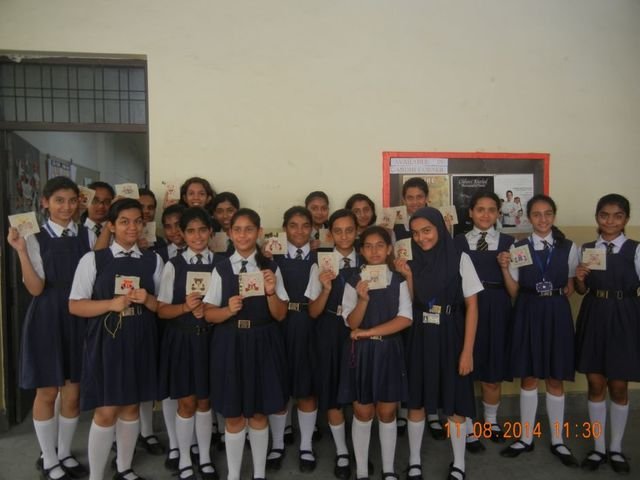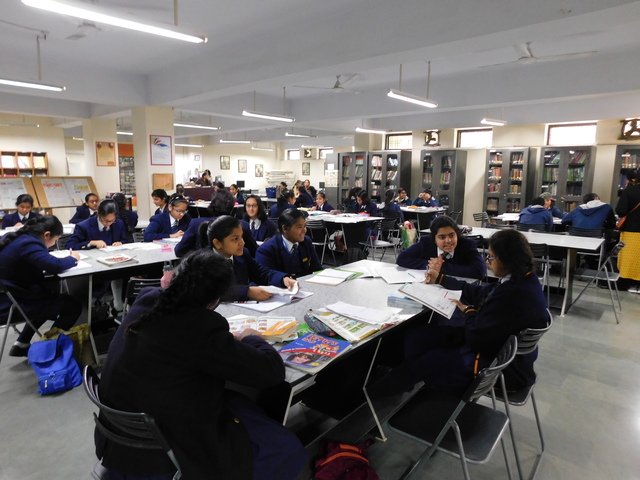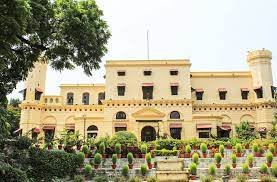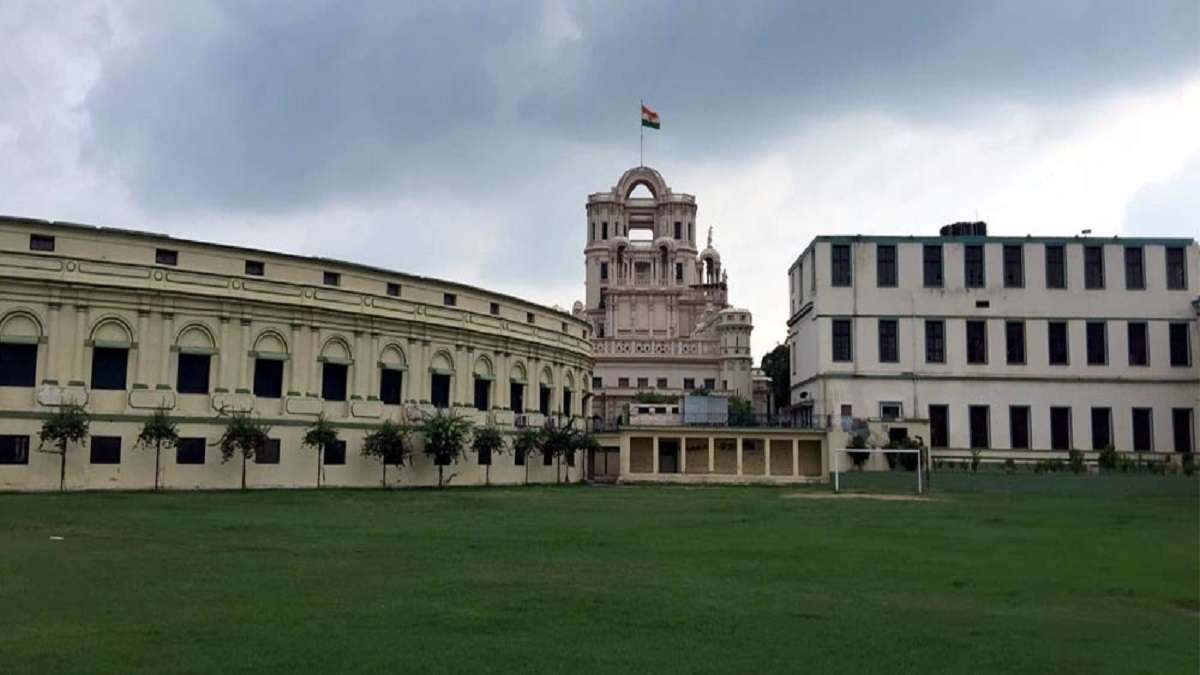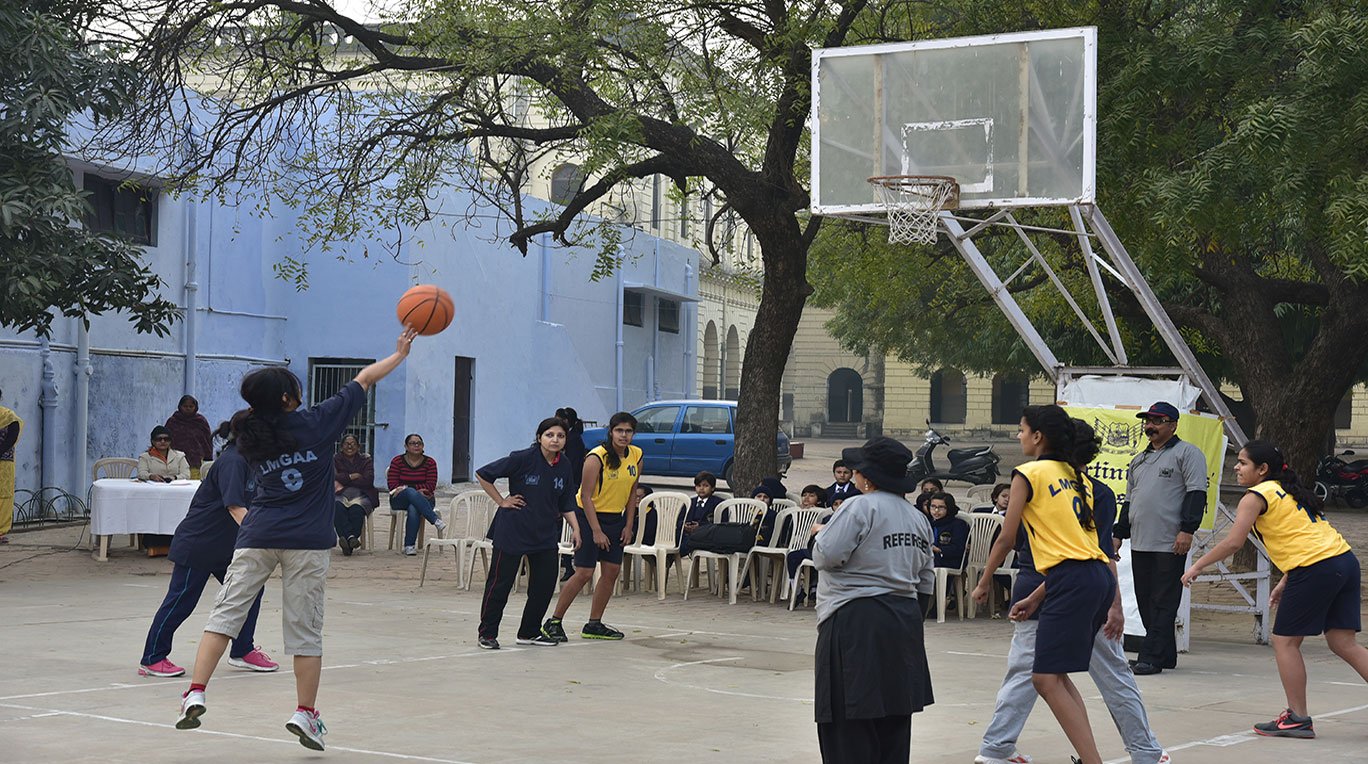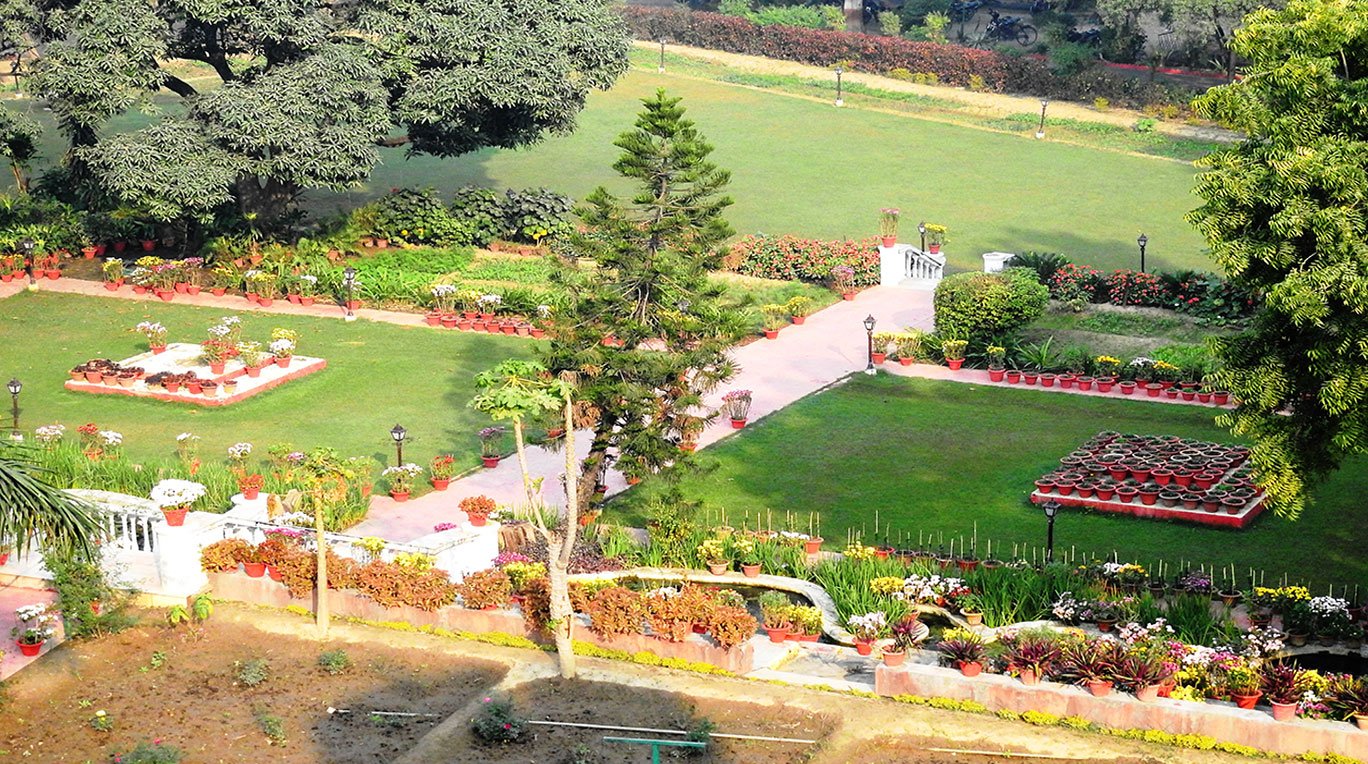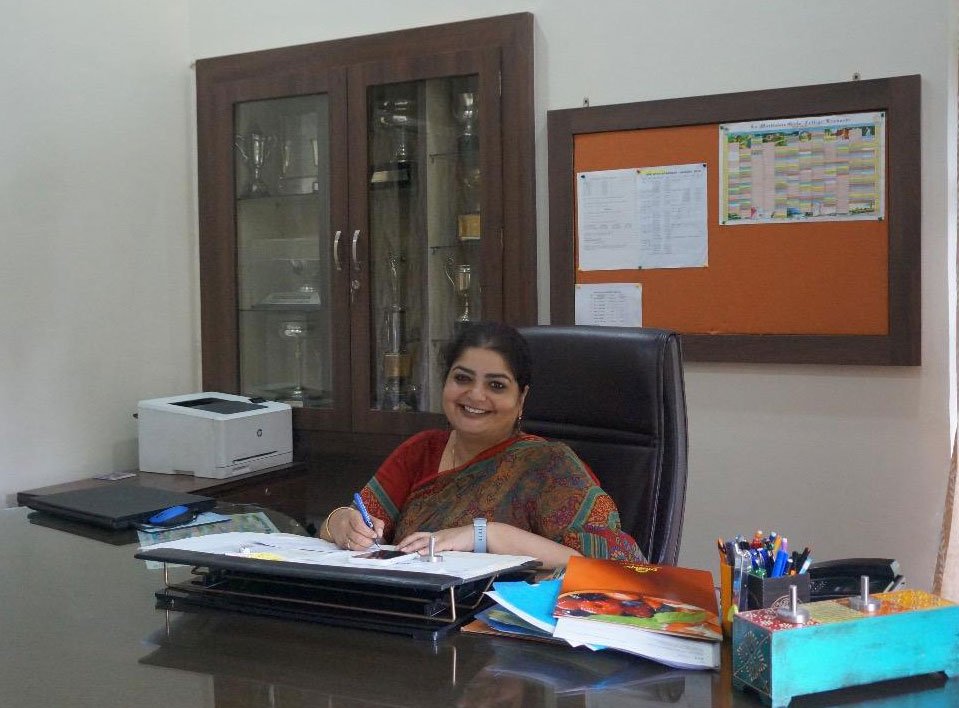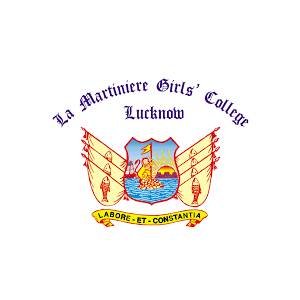
La Martiniere Girls College
La Martiniere Girls College, Rana Pratap Marg, Hazratganj, Lucknow, Uttar Pradesh, IndiaNursery - xi
About School
Additional Details
- Minimum Entry Age :- 3
- School Provide Meals ? :- N/A
- Air condition Class ? :- No
- CCTV Surveillance ? :- Yes
- Day Boarding ? :- Yes
- Teacher Student Ratio :- 20:1
- Total Seats at Entry Level Grade :- 65
- Total School Strength :- 1400
- Average No of students per class :- 30
- Total No. of Teachers (All Class) :- 70
Infrastructure
- Fire Safety :- Yes
- School has Strong Room ? :- Yes
- School has Wifi Enabled ? :- Yes
- Total No. of Playground ? :- 1
- Total No. of Rooms ? :- 60
- No. of Laboratories. :- 4
- No. of Lift elevator. :- 1
- Total No of computers. :- 100
- No. of Activity room. :- 2
- School has clinic facilities ? :- Yes
- School has Gymnasium ? :- No
- Total Area of School ? (Sq) :- 30000
- Total area of playground ? (sq) :- 3000
- Total No. of Library ? :- 1
- No. of Auditorium. :- 1
- No. of Digital Classroom. :- 2
- Total No. of Buses Owned. :- 15
- Transport Facility :- Yes
Fee Details
- Admission Fee :- ₹ 6000
- Annual Fee :- ₹ 36600
- Transport Fee :- ₹ 12000
- Others Fee :- ₹ 30000
Vision and Leadership
School Vision
La Martiniere Girls’ College, Lucknow, was established in Moti Mahal premises in 1869 with less than a 100 students and staff. Today, it has 2700 students (110 boarders) and 247 staff. It has always ranked as one of the leading schools of India, and academically, since 2015, it has consistently been rated in the top 10 all-girls boarding schools of India. The Founder, Major General Claude Martin (5th January, 1735 – 13th September, 1800) was an officer in the French, and later the British, army in India. He rose to the position of Major General in the British East India Company's Bengal Army. Born in Lyon, France, he came from a humble background. He was a self-made man who left a substantial legacy in the form of his writings, buildings and educational institutions that he founded posthumously. Claude Martin left the greater part of his wealth to a variety of charities. Being almost entirely self-educated, he realised the value of a formal education and set aside a vast portion of his estate for the founding of schools at Kolkata, Lucknow and Lyon (France), the city of his birth. These schools play a major role in training the youth of today to become educated, disciplined and useful citizens of the world. Thousands who have passed through these schools are deeply grateful for Claude Martin’s generosity and foresight. The schools celebrate Founder's Day on 13th September, the anniversary of Claude Martin's death. Claude Martin's ideas on education are reflected in his writings: "I have read a lot, pen in hand, often under difficult conditions, and I know the value of the first rudiments inculcated by the parson of St. Saturnin. That is why I divide my fortune in two. I want to thank all those who have been around me, by making their life easier after my death. I also want to give the children of both Lyon and India, the instruction which I received with so much difficulty. I want to make it easy for young people to get access to knowledge, specially the sciences." Unfortunately, Claude Martin has been largely ignored by history. Lesser people find a place in history, but historians seem to have neglected the man whose palace dominated the skyscape of Awadh. They overlooked that he was a brave soldier who always came forward to render military service and ultimately rose to the rank of Major-General (though honorary) at a time when foreigners did not rise above the rank of Major. His services as a surveyor of places like Undwanala, Chunargarh, the Course of the River Teesta, and Cooch Bihar were invaluable. The Nawabs of Awadh acknowledged Claude Martin as a great architect and had many of their buildings designed by him.He was the trusted confidante of the Nawab Asaf-ud-Daula, who saw in him a genius, essential to offset Company influence. The Company needed him, otherwise he could not have lasted in their service for so long (1763-1800 A.D.). As a diplomat he was exemplary. He walked the tight rope between the Nawab and the Company with such astuteness that both needed his services till the end. He was a money-lender and banker who was trusted more than the Company or the Nawabs. Such credibility ensured that a shrewd businessman like him could turn all his ventures into profitable enterprises. He was a man of fine taste who gave Lucknow many of its famous historical buildings. He was a man who left his wealth for the children and people of the country which had become his home for better or for worse. He will remain alive in the hearts of students who will sing his constant praises. The three schools at Lucknow, Kolkata and Lyons stand testimony to the sincerity of his intent – they are his most permanent and eloquent monuments. No history of Lucknow can be complete without a mention of Claude Martin. He is entitled to a place of honour for his role in the promotion of education in India and in his hometown, Lyon.


